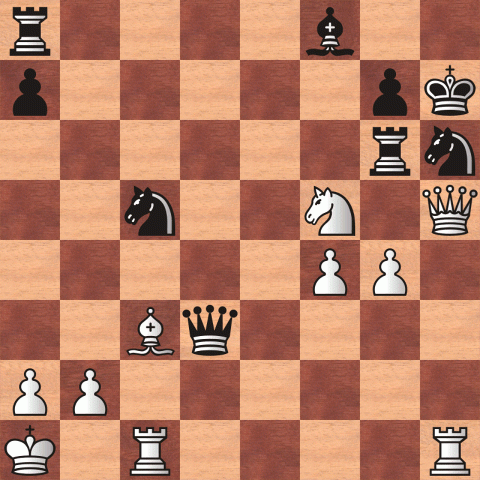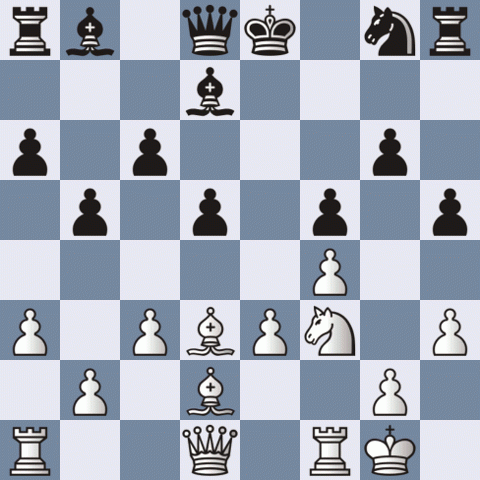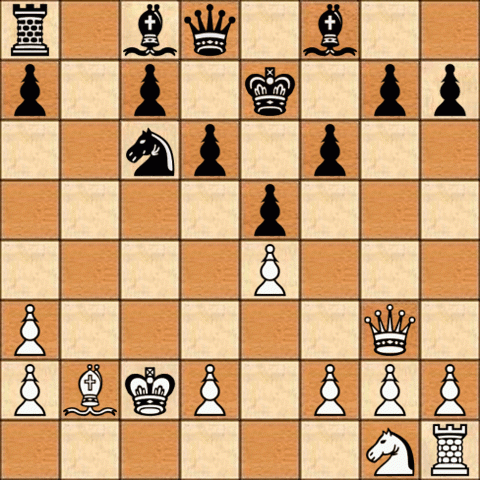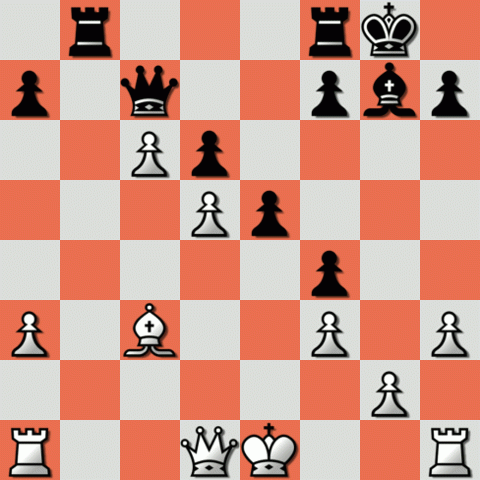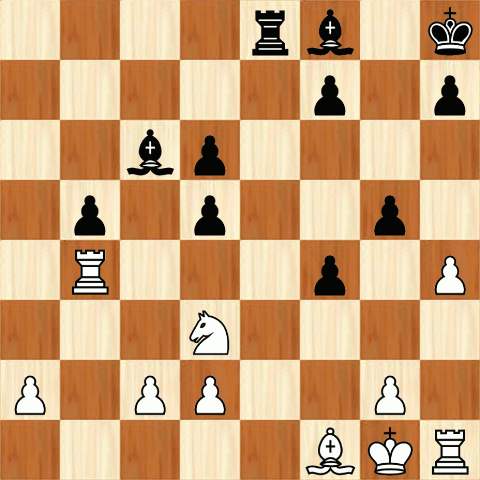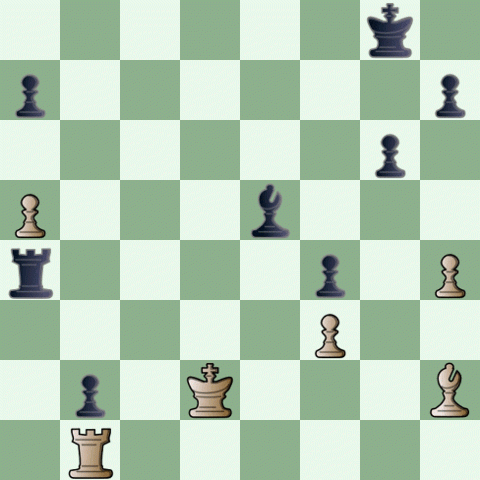Live Games
Live games are played in real-time just as you would play against an opponent sitting across a board from you. The only difference is that the opponent is sitting somewhere else, even hundreds or thousands of miles away. The game can be very fast (a few seconds per move), very slow (many minutes per move), or anywhere in between. You can only play one live game at a time, but you can play many games a day this way.
Correspondence Games
Correspondence games (corr games for short) are turn-based games played against an opponent who may not be online at the same time as you. You make your move, and then your opponent makes his or her move the next time they are online. The pace of play is much slower than live games, with games typically lasting from a few days to a few weeks. But you can play many corr games simultaneously, and can take all the time you need analyzing your position to find the best move.
Chess960
Also known as Fischer Random Chess, this variation randomizes the starting position of the pieces at the start of the game. Starting position is mirrored so both sides have the same strategical and tactical options. Castling rules are slightly adjusted rules since the position of the king and rooks may be quite different from regular chess. Otherwise all standard chess rules apply. For more information on Chess960, see Fischer Random Chess.
Apollo Chess
This variation removes the special two-square jump as a pawn's first move, restricting pawns to always moving one square at a time. In other words, pawns move the same on their first move as on all subsequent moves. It preserves the general tactical and strategical elements of chess while eliminating most opening theory. It can also be considered an "anti-computer" variant since it favors slower strategical buildups, more closed positions, and fewer opening tactics. And, of course, no commercially-available chess programs know how to play it!
The name "Apollo" refers to Neil Armstrong's famous quote "That's one small step for a man, one giant leap for mankind." Or, put another way, small steps for pawns are a big gain for humans!
Chess Tournaments
Tournaments are available for both live and correspondence games.
Correspondence tournaments are round-robin format so all games can be played simultaneously. Multiple tournaments can also be entered, so it's easy to have dozens or even hundreds of games going at once.
Live tournaments can be round-robin for small numbers of players but are typically Swiss format to accomodate a larger number of entries. They are available in a variety of round lengths and time controls and start continuously throughtout the day.
Ratings & Coins
Ratings are maintained for each player and adjusted after every game to provide a statistically-acurate measure of your skill level. There are separate ratings for each category of game "speed" -- blitz, fast, slow and correspondence. Your rating helps you track your own performance, and allows you to choose opponents who are a good match.
Caissa Coins are another way to measure your successes. Coins are like "play money" which can be used to enter tournaments, which then offer Coins as prizes for the top finishers.

